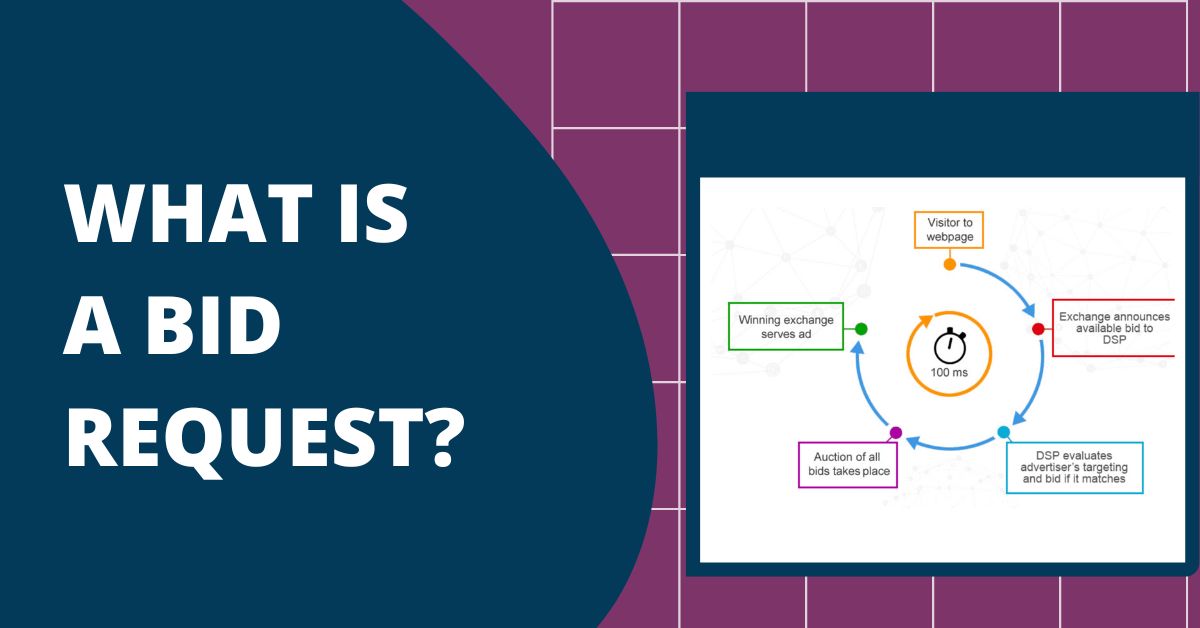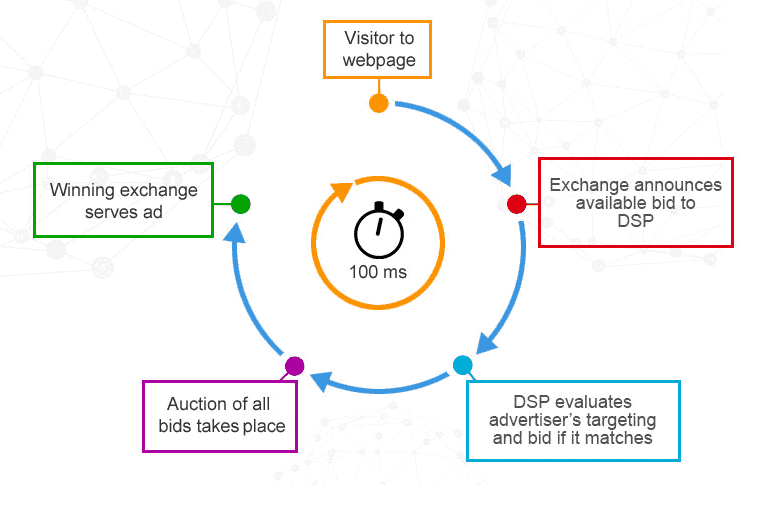
Before understanding bid requests, you’ll need to know the following first:
Real-time bidding (RTB) uses instantaneous programmatic auctions by which advertising inventory is bought and sold on a per-impression basis. With real-time bidding, advertisers can bid on an impression and, if the bid wins, the buyer’s ad is displayed on the publisher’s site instantly.
Through real-time bidding, advertisers can manage and optimize ads for multiple ad networks. They can create and launch advertising campaigns, prioritize networks and allocate percentages of unsold inventory, known as backfill.
Using RTB technology, an advertiser can display the most relevant ads to a highly targeted user base, based on real-time data.
|
Master your ad inventory like the pros with PubGuru University! FOR A LIMITED TIME, get access to our School Of AdSense, Ad Exchange, and Google Ad Manager courses for only $99! Click Here To Enroll |
An impression is when an ad is fetched from the ad server and served to the user. It is also countable. Whether or not a user clicks on that ad is not taken into account. Each time an ad is fetched and displayed to the user, it’s counted as one impression.
A bid request is a function that is triggered when a user visits a web page with ad units on it. It then fetches ads from ad networks to fill in the specific ad units for a unique user.
A bid request contains information about the following inventory parameters: the platform, time of impression, and the keys to the user data (IP, pixel tags, cookies), etc.
You’ll observe the following while decoding a bid request:
Bid ID: A bid ID is a unique identifier assigned to each bid to identify it.
User Details: A user’s details include their location, age, gender, preferences, browsing history, etc. Advertisers use this information to serve ads later.
User Device: It provides information (device type, model, OS) about the device used by the visitor to the website.
Application: Ad bids for applications include information such as application IDs, types of content, publisher ID, etc.
Extension: Displays additional inventory-related information for Demand-Side Platforms and advertisers.
Website: content, publisher ID, domain name, page context, etc.
The process starts with a user visiting the publisher’s website. This action then triggers the bid request. Through the bid request, various data such points as the user demographics, browsing history, location, website page visiting are included.
The request goes from the publisher’s website to the ad exchange, which sends all the user data to advertisers who then automatically submits bids in real time to place their ads.
Advertisers bid on an ads per impression basis and as it is served. The advertiser with the highest bid wins the impression, and the ad is shown on the publisher’s website.
The same process happens for each ad slot on the page. Real-time bidding transactions typically occur within 100 milliseconds (including receiving the bid request and serving the ad) from the moment the ad exchange received the request.
The bidding happens autonomously, and advertisers set maximum bids and budgets for an advertising campaign.
The picture below depicts the process of an advertiser winning the bid for an ad on a publisher’s website.

As you can see, there are many moving parts in the world of programmatic advertising which can be overwhelming for publishers. Why not let the experts help?
Find out how MonetizeMore can help you maximize your ad revenues with our proprietary technology and team of ad optimization experts. Sign up for a Starter account at MonetizeMore today!
A bid request is a function that is triggered when a user visits a web page with ad units on it. It then fetches ads so that they can be displayed in ad units for users. We go into much more detail regarding bid requests in the blog post.
A bid request contains information about the platform, time of impression, user demographics, browsing history, location, website page visiting, and the keys to the user-data (IP, pixel tags, cookies), etc.
The request goes from the publisher’s website to the ad exchange, which sends all the user data to advertisers who then automatically submits bids in real-time to place their ads.

With over seven years at the forefront of programmatic advertising, Aleesha is a renowned Ad-Tech expert, blending innovative strategies with cutting-edge technology. Her insights have reshaped programmatic advertising, leading to groundbreaking campaigns and 10X ROI increases for publishers and global brands. She believes in setting new standards in dynamic ad targeting and optimization.

Paid to Publishers
Ad Requests Monthly
Happy Publishers
10X your ad revenue with our award-winning solutions.